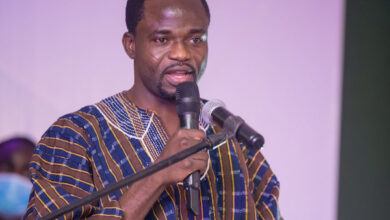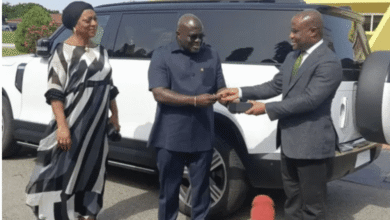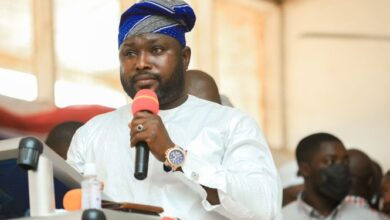PassportPay: Transforming bill payments and money transfers and for Ghanaians abroad

This year has brought exciting possibilities, and for Ghanaians in the U.S., staying connected to loved ones back home just got easier. PassportPay, a groundbreaking app designed for seamless financial transactions, is officially here.
With PassportPay, users can pay bills, send money, and even choose their preferred exchange rate—all from the comfort of their smartphones. The app promises to revolutionize the way Ghanaians in the diaspora support their families, offering convenience, flexibility, and control.
Key Features of PassportPay
â—ŹÂ Â Â Â Pay Bills Directly
Handle essential utility payments like electricity and water with ease, ensuring your loved ones back home are always covered. No intermediaries, no delays—just direct and reliable payments.
Â
â—ŹÂ Â Â Â Flexible Sending in Minutes
Whether using a credit or debit card to send family support, school fees, or a thoughtful gift, PassportPay makes transferring money to Ghana simple, fast, and secure. Say goodbye to hidden fees and long waits. PassportPay
Â
â—ŹÂ Â Â Â Choose Your Rate
Tailor each transaction by selecting your preferred exchange rate. Whether you value speed or better rates, PassportPay gives you the flexibility to decide what works best for you.
â—ŹÂ Â Â Â One App for Your Budget
No one likes to jump between apps, but you need to know how much you have in the bank before you can transfer funds. So, we figured, why not have all the information in one place? Easily connect your bank account or card to our app and view your available balance from the main screen.
Why PassportPay
Supporting loved ones in Ghana just got easier and more secure. PassportPay lets you see the amount owed and pay bills directly—like school fees, utilities, and other essentials—so you can avoid the risk of funds being misused or taking a detour.
Our platform prioritizes transparency, affordability, and efficiency, ensuring your money goes exactly where it’s needed.
A Modern Solution for a New Era
Launching at the perfect time, PassportPay addresses the growing demand for reliable digital tools that simplify financial connections between the U.S. and Ghana. As technology bridges distances, PassportPay empowers users to stay connected and take care of loved ones with just a few taps.
Â
Get Started Today
PassportPay is now available for download on the Google Play Store and App Store. Start with confidence knowing your financial support will reach home quickly, securely, and exactly how you intended.
Because with PassportPay, it’s always Your Money, Your Control, Your Way.
Check out our website and follow us on social media to stay updated on features, tips, and exciting offers.
Website: https://www.mypassportpay.com
Facebook – https://www.facebook.com/PassportPay
Instagram – https://www.instagram.com/Passportpay
Tiktok – https://www.tiktok.com/@passportpay




